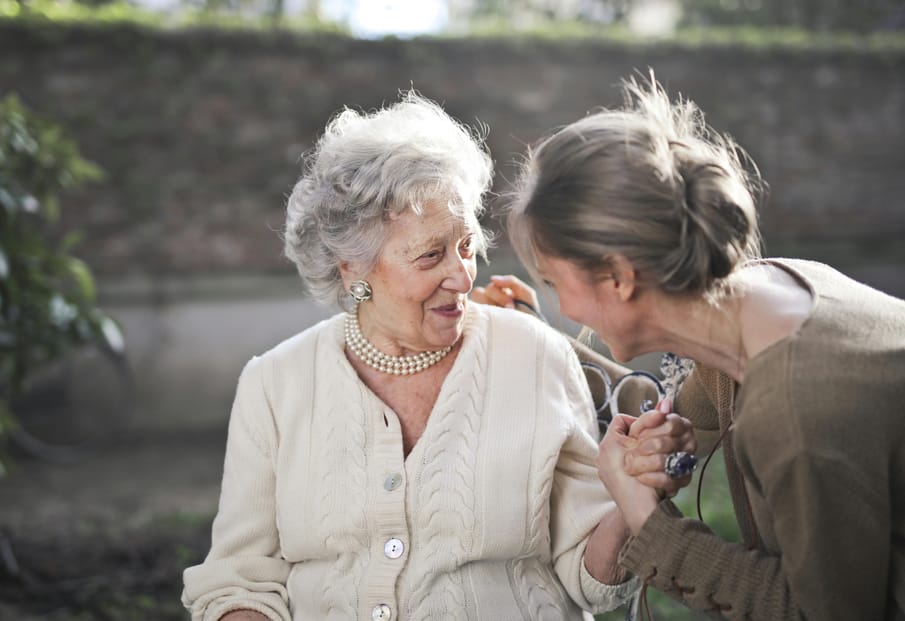New research reveals that although most older adults in the UK wish to remain in their homes as they grow older, the support they need to do so is lacking
A survey of 1,000 people aged 60 to 99, conducted by Stiltz, found that 92.4% believe it's important to stay independent in their own homes, with nearly 80% wanting to stay where they are as they age. However, one in six said they avoid parts of their home because of mobility issues.
The growing need for home accessibility
Experts believe tackling these issues is crucial not just for personal wellbeing, but also for relieving pressure on the NHS and social care services. Falls and mobility-related injuries are major causes of hospital admissions for older adults, adding to the already overwhelming demand for healthcare services. The survey revealed that 44.7% of respondents have difficulty with tasks like climbing stairs, highlighting the risks of poor home accessibility.
Despite the growing need for solutions, many older adults are unaware of the support or resources available to help them adapt their homes for ageing in place. While there are several options, such as home lifts, stairlifts, and smart home devices, they remain out of reach for many due to cost or lack of awareness. More than half of respondents (52.2%) said they didn’t think about making their homes more accessible until mobility issues arose, indicating a need for earlier intervention and education on home adaptation options.
Impact of isolation and mental health
The findings also revealed a worrying link between the lack of independence and mental health. With 64.4% of respondents admitting that their mental health is directly affected by their ability to live independently, many older adults face increasing social isolation as they find it harder to navigate their homes and engage in daily activities, worsening feelings of depression and anxiety.
Jayne Armstrong, brand supervisor at Stiltz, explained: “These figures show the importance of helping older adults feel secure and capable in their own homes. Without greater efforts to address these challenges, we risk a crisis of isolation and declining mental health among the elderly, preventing them from fully enjoying their later years.”
Finding support
To help older adults stay independent at home, the NHS offers support through the home adaptations scheme. This scheme is designed to help people with mobility challenges make changes to their homes so they can move around more easily and safely.
You can apply for a free home assessment on the GOV website. An occupational therapist will visit your home and help you identify any changes needed to improve your safety and independence. Local councils may also offer grants or loans to help pay for the changes, depending on your situation. If you or a loved one are experiencing mobility issues, it's worth exploring the NHS website and reaching out to local services to see what home adaptations might be available.
- Living Made Easy gives free advice about home adaptation
- Independent Age has advice on home adaptation
- Money Helper has advice about funding to adapt your home for accessibility.
If you are an older adult struggling with your mental health seeking professional support can make a significant difference. Counselling can help address feelings of loneliness and depression, while also offering strategies for coping with the physical and emotional challenges of ageing.
If taking care of yourself means accepting additional support, whether from family or a caregiver, that's perfectly fine. While it may seem like a loss of independence, it’s not, and it's important to take the necessary steps to ensure you can live comfortably. Many counsellors offer virtual sessions, making it easier to access support from the comfort of your own home. You can find qualified professionals on Counselling Directory.


Comments